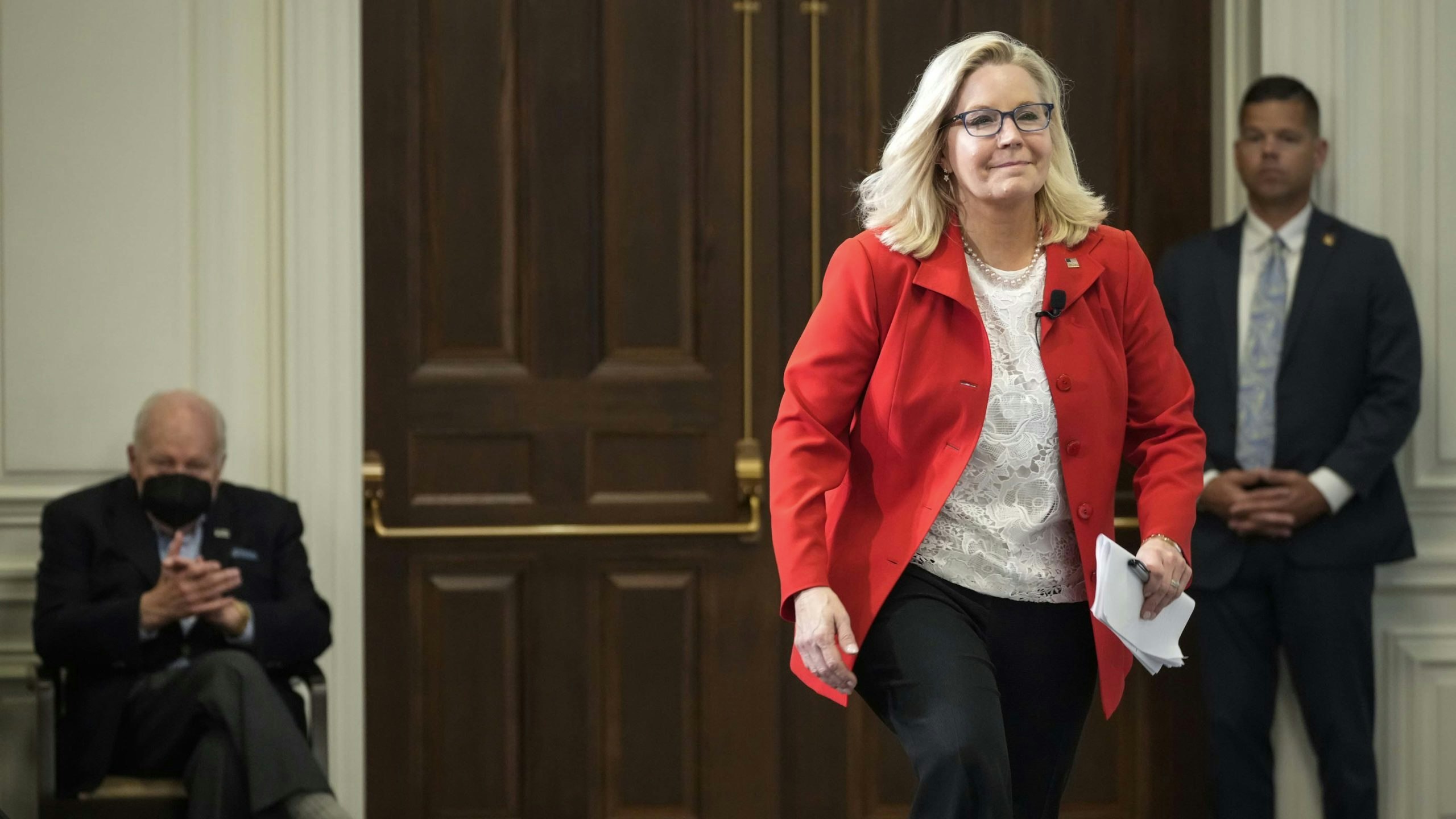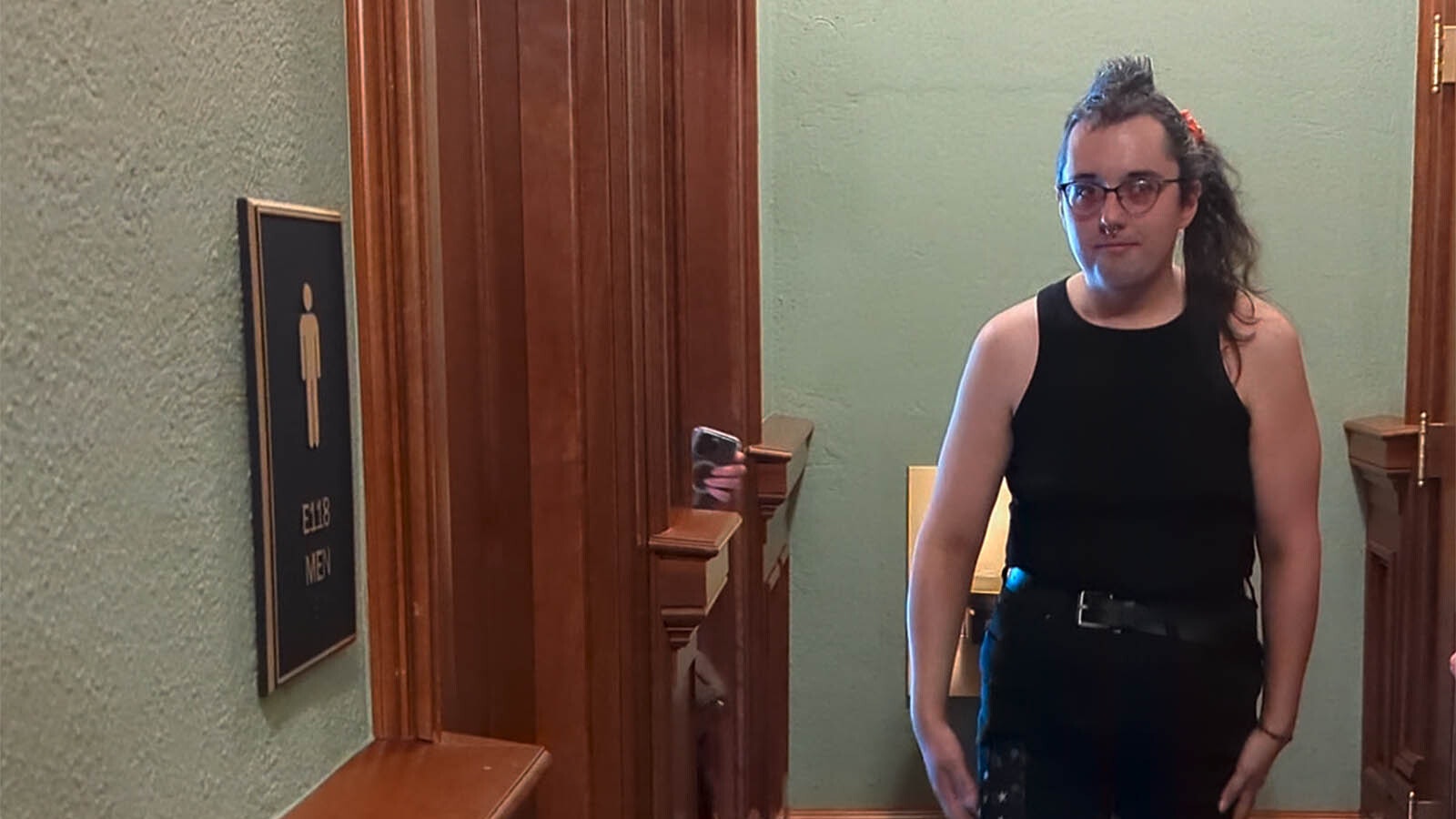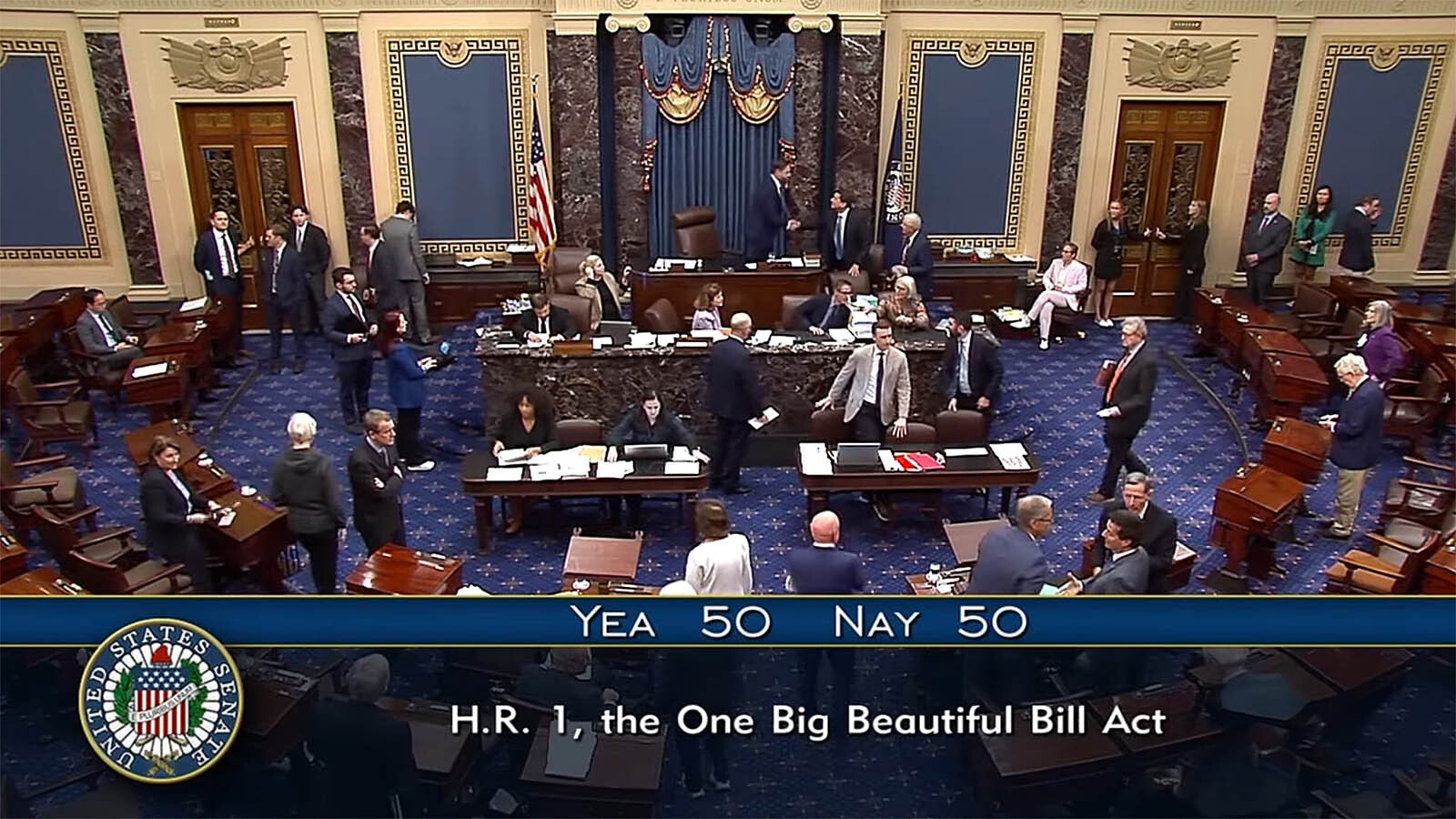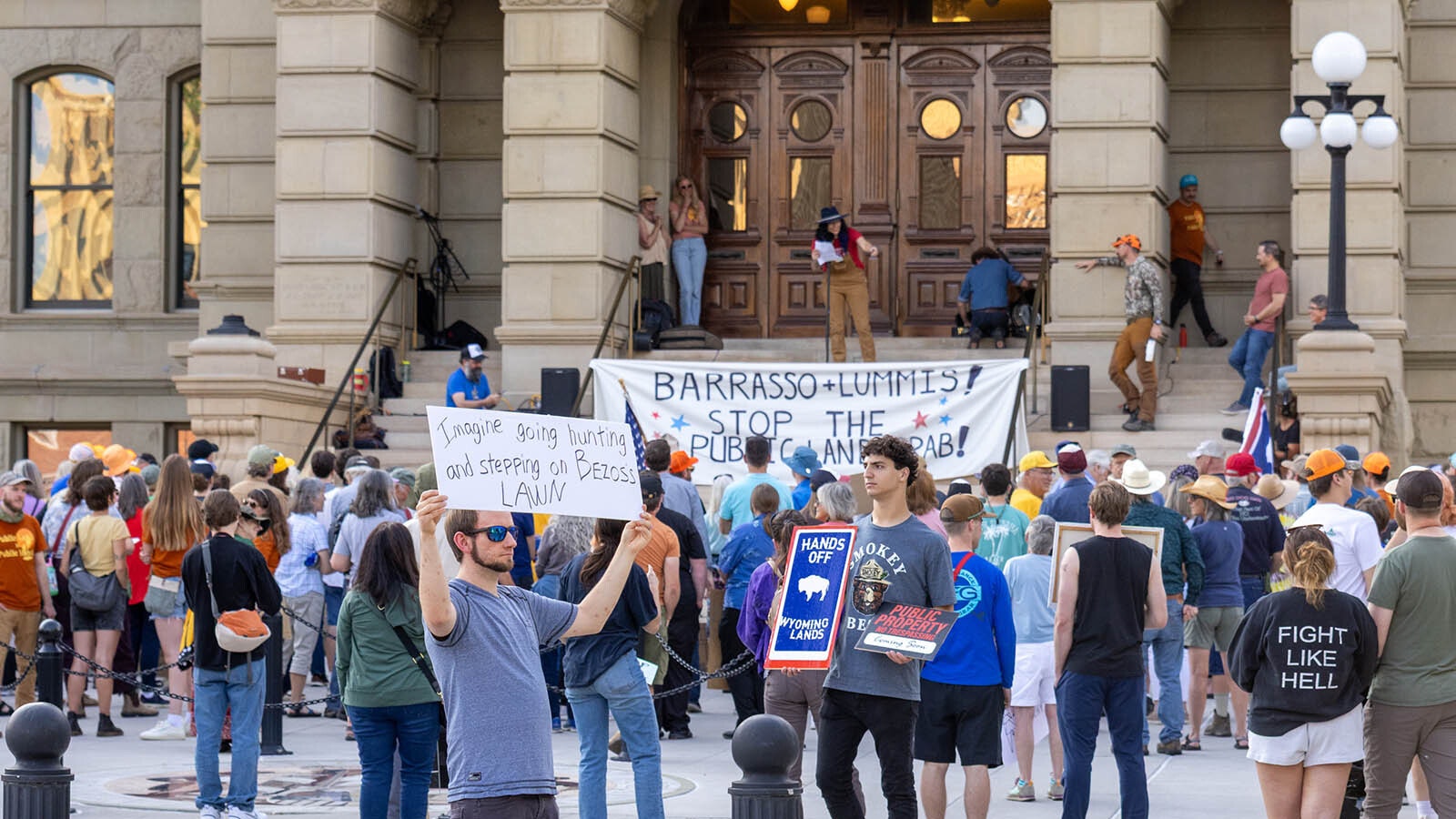By Leo Wolfson, State Political Reporter
leo@cowboystatedaily.com
U.S. Rep. Liz Cheney’s Presidential Election Reform Act passed the U.S. House on Wednesday on mostly partisan lines, a move she said will help guard against future efforts to “steal” elections.
“Today, the House took an important bipartisan step to protect all future presidential elections,” Cheney said in a press release after the vote. “This bill will preserve the rule of law and defend election integrity.”
Cheney’s bill would overhaul the 135-year-old Electoral Count Act, a law written with ambiguous provisions many have accused President Donald Trump of trying to manipulate on Jan. 6, 2021.
The legislation would:
Reaffirm the vice president’s role in certifying presidential election results.
Narrow the spectrum of objections that can be used by members of Congress against the electoral slates of individual states.
Allow presidential candidates to sue governors or other election officials who fail to transmit lawful election results to Congress.
Clarify federal law that the rules governing an election can’t change after the election has happened.
“It will ensure that self-interested politicians cannot steal from the people the guarantee that our government derives its power from the consent of the governed,” Cheney said.
Cheney is a vice chair of the House committee investigating the Jan. 6 attack on the U.S. Capitol. She is one of only two Republicans on the nine-member panel.
On Wednesday, the committee announced it will have its next hearing Sept. 28. Sen. Bennie Thompson, D-Mississippi, said this will likely be the committee’s final hearing.
Parties Remain Polarized
Democrats and the committee’s nine members have said Trump’s attempts to overturn the results of the 2020 election by throwing out certain electoral votes led to the Jan. 6 Capitol riot. Cheney and Zoe Lofgren, D-California, who is co-sponsoring the legislation, have said the Electoral Count Act needs to be updated to respond to modern political pressures.
Only eight other Republicans besides Cheney voted for the legislation that passed on a 229-203 vote.
The partisan nature of this vote is likely an ominous sign for how the bill may fare in the Senate.
The Senate already id moving forward with its own bipartisan version of the legislation that differs in some significant ways from Cheney’s bill.
Cheney’s bill would raise the threshold for Congress to consider an objection to a state’s electoral votes, requiring at least one-third of the House and Senate to sign on to such a challenge. Currently, only one member of each chamber is required.
The Senate Version
The Senate proposal has a lower proposed threshold, requiring 20% of the House and Senate to agree. It also would not narrow the spectrum for which objections can be raised.
Objections have been raised in recent elections, but none have ever been sustained with a majority vote.
The Senate version also contains a Presidential Transition Improvements Act, which promotes the orderly transfer of power by providing clear guidelines for when eligible candidates for president or vice president may receive federal resources to support their transition into office.
It also requires disputes about electors and electoral votes be resolved before they reach Congress.
Ten Republicans have already said they will support the Senate version of the bill. Sens. Cynthia Lummis and John Barrasso, both R-Wyoming, are not part of this group.
The last Cheney-sponsored law to be signed into law was the Greatest Generation Commemorative Coin Act, which passed through the House on July 27 and enacted into law Aug. 3.





